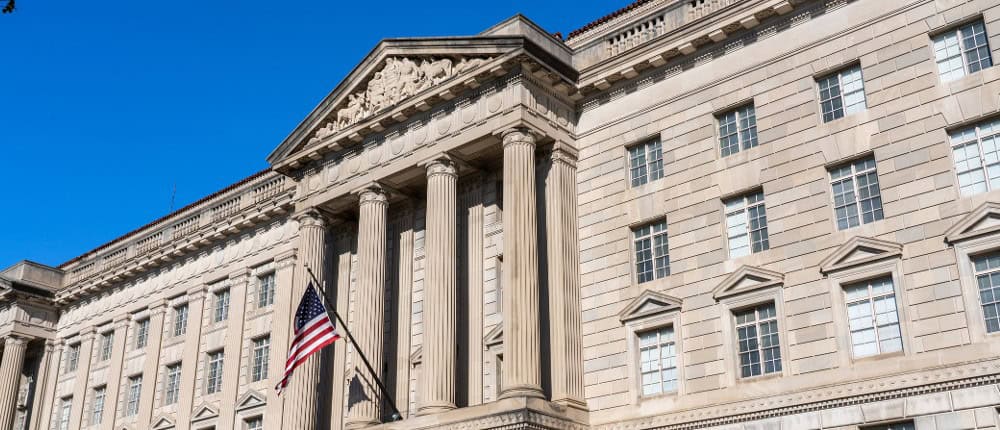Credit card balances and delinquencies continue to tick up at America’s largest lenders.
The four biggest U.S. banks all reported higher credit card spending in 2023 vs 2022, a trend that has continued steadily since 2020 at three of the four lenders. The nation’s largest bank, JPM Chase, saw credit card spending rise 9% in 2023 to $1.2 trillion, and spending was up 15% at Wells Fargo. In conjunction with rising spending, consumers are also taking longer to pay off their balances. Delinquency rates at the four largest lenders have increased materially in 2023, rising above pre-pandemic levels in 2019. Unpaid balances on accounts jumped 14% over the past year at JPM, 9% at Bank of America, and were also materially higher at Citigroup and Wells Fargo. In theory rising balances are good for banks that charge interest on them, higher balances could also be a sign of increasing financial pain for consumers and the U.S. economy as a whole. Consumers will need to make some adjustments to their spending as financial buffers that had previously padded the post-pandemic economy, namely stimulus checks and student loan forgiveness, are shutting down. However, it is also worth noting that these increasing metrics are more of a return to normalization than a significant deterioration above the norm. Credit card delinquencies were relatively low going into the pandemic in 2019 compared to historical averages and were further helped down to all-time lows in 2021 by the aforementioned pandemic-era buffers. These rising balances and delinquencies have also been forecast for some time as an inevitable result of a one-two punch of rampant inflation and historic interest rate rises, which make it much harder for consumers to pay down their balances. While we have yet to see any cause for alarm bells just yet, it is becoming more apparent that the U.S. consumer is beginning to feel some of the pain brought on by the Fed’s ongoing battle with inflation.
European interest rates and market participant uncertainty for reduction timeline.
Last week, the ECB maintained its key interest rate at 4.0% for the third straight meeting, and market participants inferred from the most recent presentation that rate reductions could begin as early as Spring 2024. The ECB has been vocal in recent months that investors should moderate their expectations of a rate cut over the short term, but last week ECB president, Christine Lagarde, was less forceful in her objections to a potential interest rate decline, merely citing that it was currently premature to discuss reductions. As Central Banks remain cautious that recent historic interest rate increases have been sufficient to combat inflationary pressures, market participants have attempted to forecast the likelihood of interest rate reductions.
A similar trend is continuing in the UK as the Bank of England (BoE) will meet later this week to set policy rates. Market participants expect the BoE to maintain rates at 5.25% for a fourth straight month as inflation increased slightly in December to 4.0% from 3.9% the month prior. The UK’s inflation figures have been somewhat more volatile than its European peers which has resulted in more cautious policymakers and has left investors somewhat uncertain about when the BoE will decide to reduce rates. Investors should remain vigilant in monitoring European credit conditions that could change quickly as central banks begin lowering rates.



